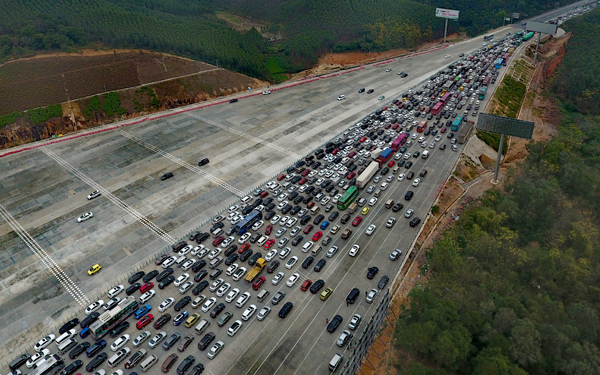The Malta Summit
Today the EU Heads of state and government will meet in Malta. Their background text will be the pessimistic and alarmist letter from Mr Tusk that we talked about on Wednesday.
The meeting will mainly be concerned with strengthening the EU’s external borders, with special emphasis on the problems of Libya. There are in the EU’s view too many migrants coming across the sea from Libya. The EU wishes to work with the Libyan authorities – to the extent that there are authorities in charge there – to reduce the flows. The EU may also wish to beef up its naval force, though so far this has been used to offer safe transit to the EU for those who have taken to the seas in dangerous and overloaded boats and got into trouble. The EU will wish to take stronger action against people smugglers, though that too will require co-operation with governments on the African continent.
All this illustrates the cruel dilemma of Mr Tusk’s letter. He does not wish the EU to give concessions to people he calls populists or to political parties that challenge the elite view of the EU. Yet he feels the need to hold a summit largely devoted to the populist issue of trying to reduce the flow of migrants and to strengthen the EU’s external borders. He is ambiguous about the elite themselves, saying they genuflect too far towards populists, yet saying they are losing faith in the democracy which is driving the populist movements. I guess Mrs Merkel felt the need to change her permissive immigration policy owing to the pressure of public opinion. Does Mr Tusk think this was the wrong thing to do?
Important though Mr Tusk is within the EU, he is but the servant of the Council which is made up of the Heads of state and government. If they say they wish to shift policy in the so called populist direction, he has to allow them an agenda to do so. It will be fascinating to see what emerges from their consideration yet again of migration and borders.
I do hope they take up the UK’s request to lift the uncertainty they have created for British citizens living in other EU countries. If they just agree they are all welcome to stay, the UK can confirm the same for all EU citizens legally settled in the UK. It is the right and decent thing to do, so why won’t they do it? I am sure Mrs May will ask them again. I thought civilised values were part of their idea of the EU, but they are not showing them on this matter.
The later afternoon session will be for the EU 27 only. They plan to discuss how to celebrate the 6oth anniversary of the Treaty of Rome, which they think the UK could not help them with. It will be fascinating to see what celebration they want to hold, and what they think are their main achievements to trumpet.
